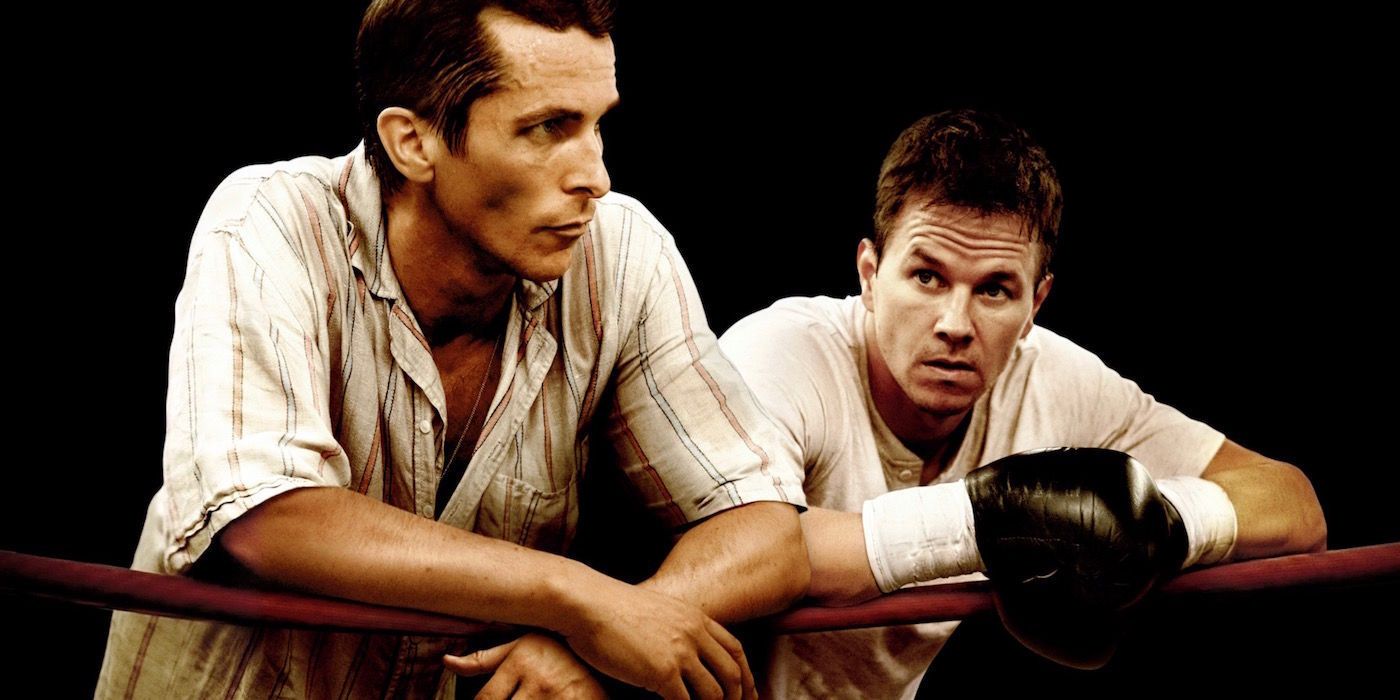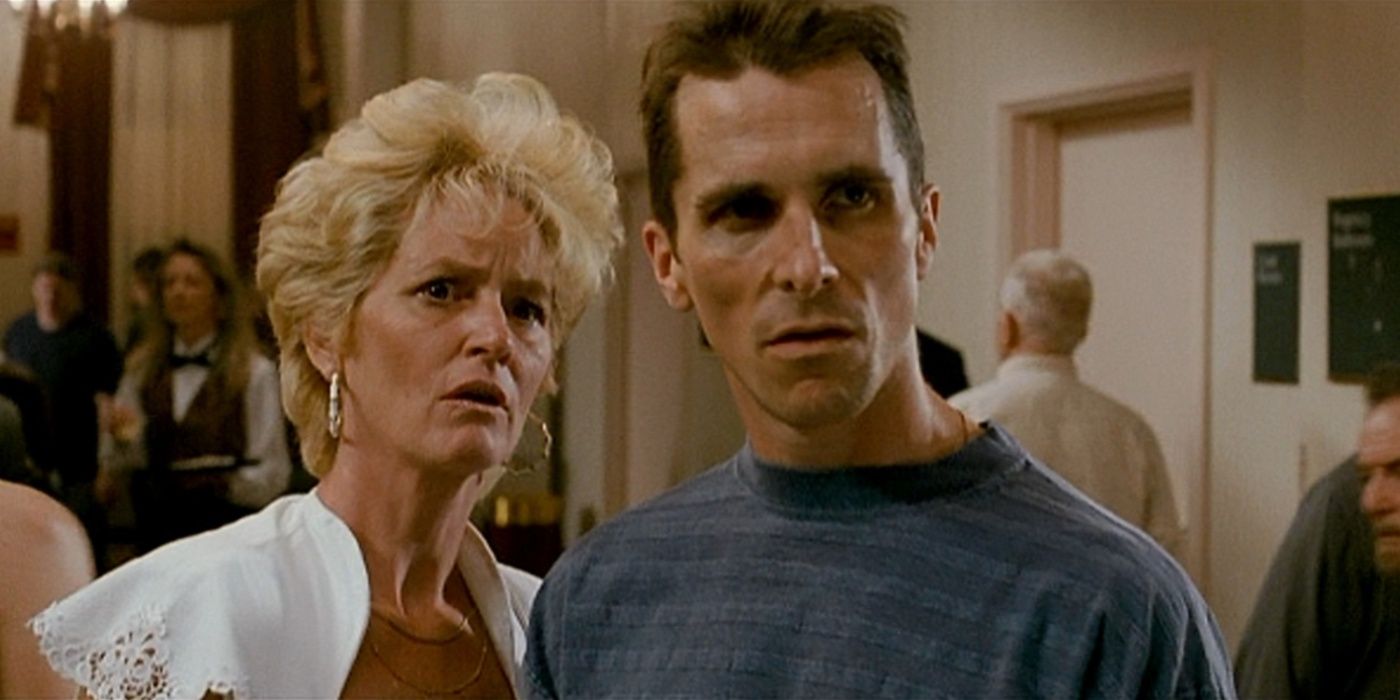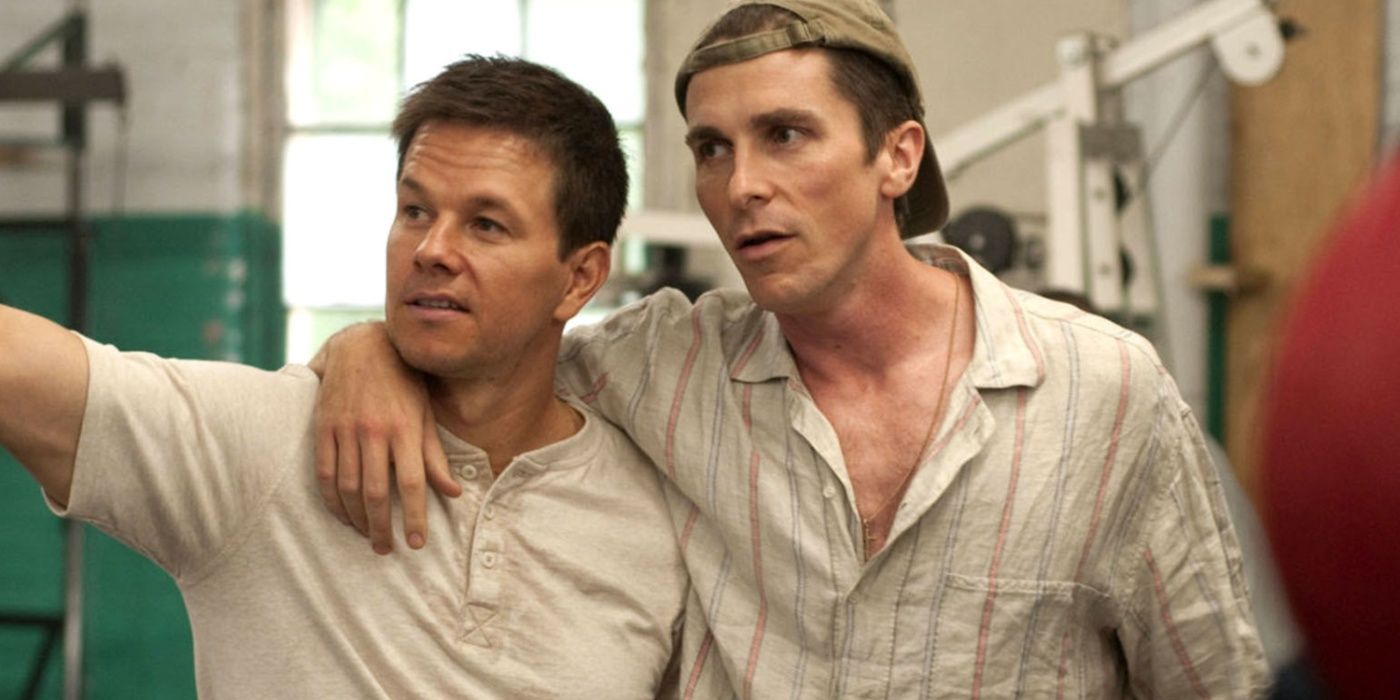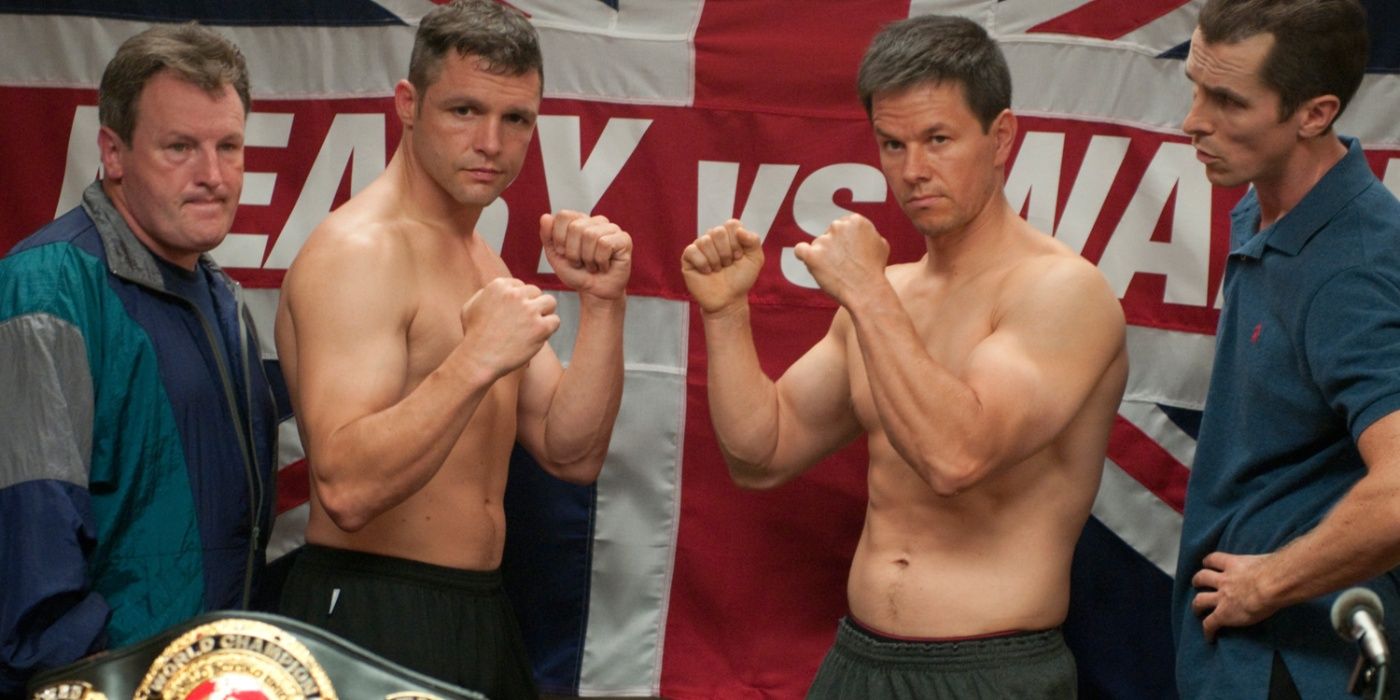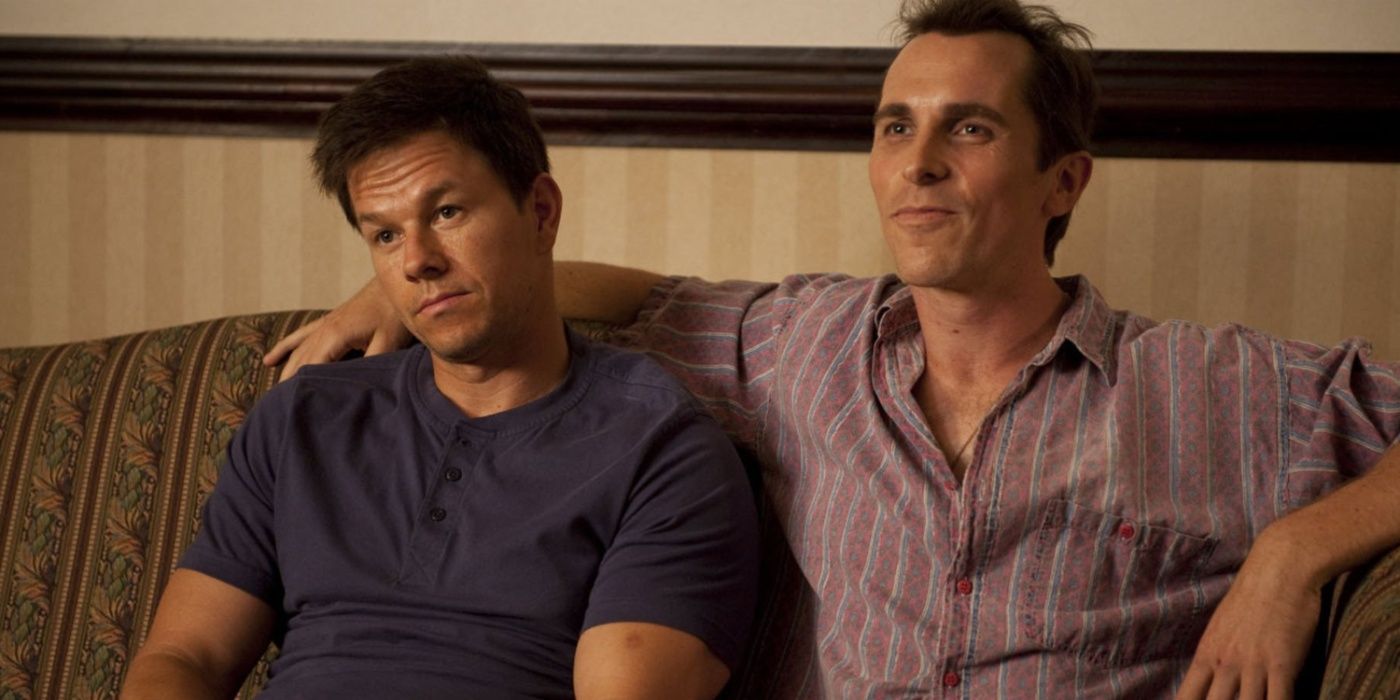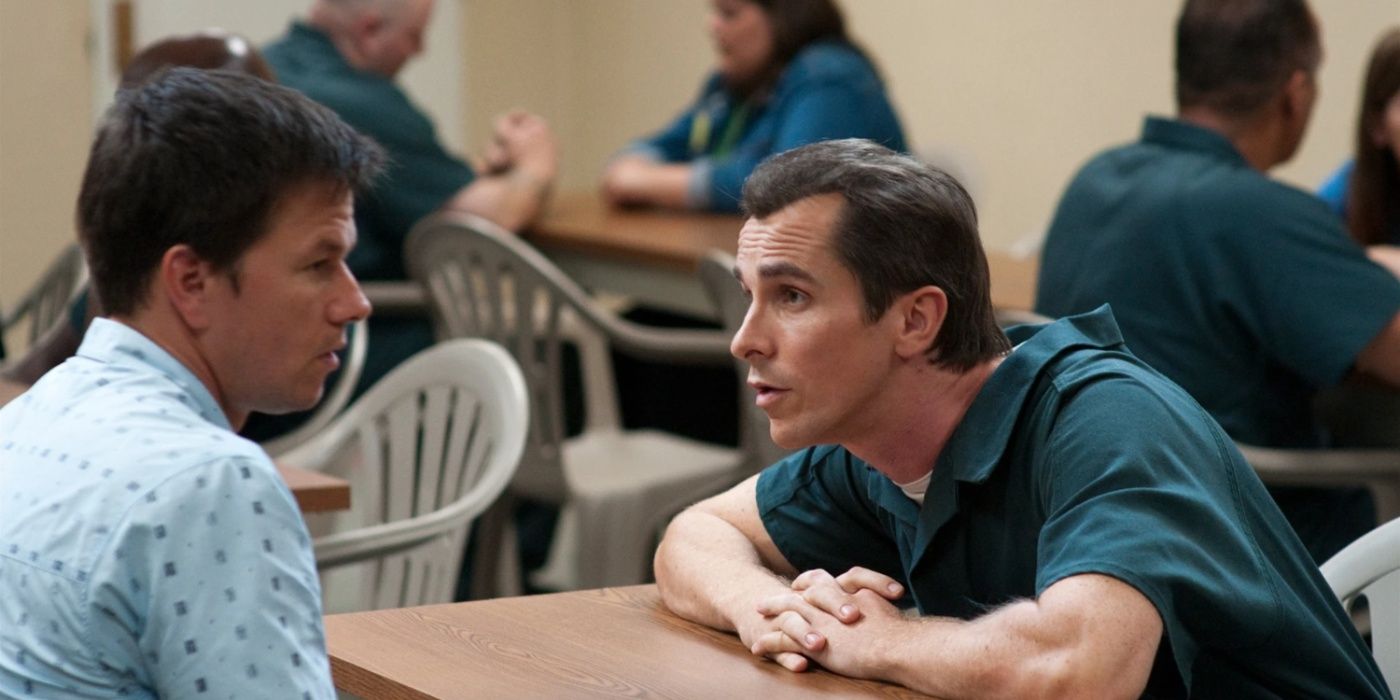Summary
- "The Fighter" is a powerful drama that explores the complexities of family, addiction, and pursuing dreams in the world of professional boxing.
- The film is based on the real-life story of Dicky Eklund and Micky Ward, half-brother boxers from Lowell, Massachusetts, who faced contrasting journeys in their careers.
- Dicky Eklund's early career showcased his agility and tactical prowess, while Micky Ward's resilience and hard work eventually led to his rise in the boxing world.
Released in 2010, The Fighter is not just another boxing movie; it's a powerful drama that dives into the real-life story of Dicky Eklund and Micky Ward, depicting the complexities of family, addiction, and the relentless pursuit of a dream. It tells the compelling story of two brothers who navigate the treacherous waters of professional boxing while grappling with personal demons and familial strife. The Fighter stands out for its gritty realism, intense performances, and a story that resonates beyond the ring. It's a tale of redemption, resilience, and the unyielding bond of brotherhood, all set against the backdrop of the rough-and-tumble world of boxing.
However, the true heart of The Fighter lies in its foundation in reality. The film is based on the lives of half-brothers Dicky Eklund and Micky Ward, two real-life boxers from Lowell, Massachusetts. Their story is one of contrasts — Dicky is the older brother, once a promising fighter whose career was derailed by drugs and crime, and Micky, the younger, emerged from his brother's shadow to carve his own path in the boxing world. This juxtaposition of two lives, intertwined yet distinctly different, forms the crux of the narrative, offering a raw, unfiltered, and shockingly accurate look at their real-life journey in and out of the ring.
Dicky Eklund’s Early Boxing Career
Dicky Eklund's (Christian Bale) true story begins in Lowell, Massachusetts, where he grew up in a family deeply entwined in the boxing world. Known for his quick feet and sharp reflexes, Eklund's early career was marked by a series of wins that put him on the map as a promising welterweight fighter. Eklund's fighting style was a blend of agility and tactical prowess, making him a tough opponent in the ring. Known as "The Pride of Lowell," Eklund held the USA New England welterweight title twice between 1979 and 1983. His professional career, which spanned from 1975 to 1985, followed an impressive amateur record where he won 194 of 200 bouts.
Eklund's professional debut was a loss, but he quickly bounced back, winning 10 consecutive fights against opponents like Doug Romano, Terry Rondeau, Carlos Garcia, Randy Milton, and Mike Michaud. Eklund's career included a first-round knockout victory over C.J. Faison and a win over Allan Clarke in nine rounds. Eklund's professional record culminated in 19 wins, including four knockouts, and 10 losses. However, Eklund's journey was not just about the victories; it was also defined by the struggles and challenges he faced outside the ring. Eklund's early years set the stage for what would become a life of highs and lows, both in and out of the boxing arena.
Dicky Eklund Vs. Sugar Ray Leonard
One of the most pivotal moments in Dicky Eklund's boxing career was his July 18, 1978 fight against Sugar Ray Leonard, a rising star in the boxing world. This bout was more than just a match; it was Eklund's chance to prove himself on a national stage. Eklund entered the ring as an underdog, but showcased his skill and resilience, with Leonard even being knocked down — a moment Eklund would later refer to as the highlight of his career. Ultimately, though Eklund was knocked down twice and lost by unanimous decision, the match became famous for a moment where Leonard tripped and fell, which Eklund claimed as a knockdown.
This claim was later disputed, with Leonard and the referee asserting it was a slip. The fight, however, was not just about the moments in the ring. It was also a turning point for Eklund, and his career started to decline afterward. The fight against Leonard symbolized the peak of Eklund's boxing journey, after which his life took a different turn. His battle with addiction began to overshadow his career, leading to a gradual fade from the boxing spotlight.
Micky Ward’s Ascent In Boxing
Growing up in the shadow of his older brother Dicky, Ward was no stranger to the harsh realities of life in Lowell. His early career was a challenging mix of wins and losses, as he struggled to find his footing in the professional boxing world. However, Ward's resilience and hard work eventually paid off. He developed a reputation as a tough, relentless fighter, becoming known as "Irish" Micky Ward. He turned professional in 1985 and quickly made a mark by winning his first fourteen fights. Despite a period of setbacks in the early '90s, including four consecutive losses, Ward returned with renewed vigor after a hiatus and hand surgery.
His comeback was impressive, winning nine consecutive fights and capturing the WBU's Intercontinental Light Welterweight Title in 2000. Ward's style, particularly his devastating left hook to the body, became legendary. He earned a shot at the IBF Light Welterweight Championship in 1997 but was unsuccessful. In 2000, Ward's perseverance paid off when he won the WBU Light Welterweight title by defeating Shea Neary. This victory was part of a series of fights that bolstered his reputation, including a 10-round decision victory over Emanuel Augustus, voted The Ring magazine's 2001 Fight of the Year.
Ward is best known for his trilogy of fights with Arturo Gatti, beginning in 2002. The first fight, a majority decision win for Ward, was an intense battle that earned the 2002 Ring magazine Fight of the Year. The rematch saw Gatti victorious, and in their third encounter, Gatti won again by unanimous decision. These fights were not just displays of physical prowess but also incredible tenacity and heart, with both fighters requiring hospital care afterward (via The Globe and Mail). This trilogy, particularly the first fight, is considered one of the greatest in boxing history and earned Ward immense respect and recognition in the boxing community.
While The Fighter is extremely accurate in retelling real events compared to other biopics, Ward's boxing stats are the only element where the film takes major creative liberties. In the movie, Ward's career record is 30-7, with 20 KOs, when he fights Shea Neary. However, in real life, his record was 34-9 with 25 KOs. The movie also sees Ward losing severely to Mike Mungin when, in reality, the fight went for 10 rounds and Mungin won by the slightest of margins. Additionally, going into the Mungin fight in The Fighter, Ward was on a losing streak, but in real life, Ward was on a four-fight winning streak.
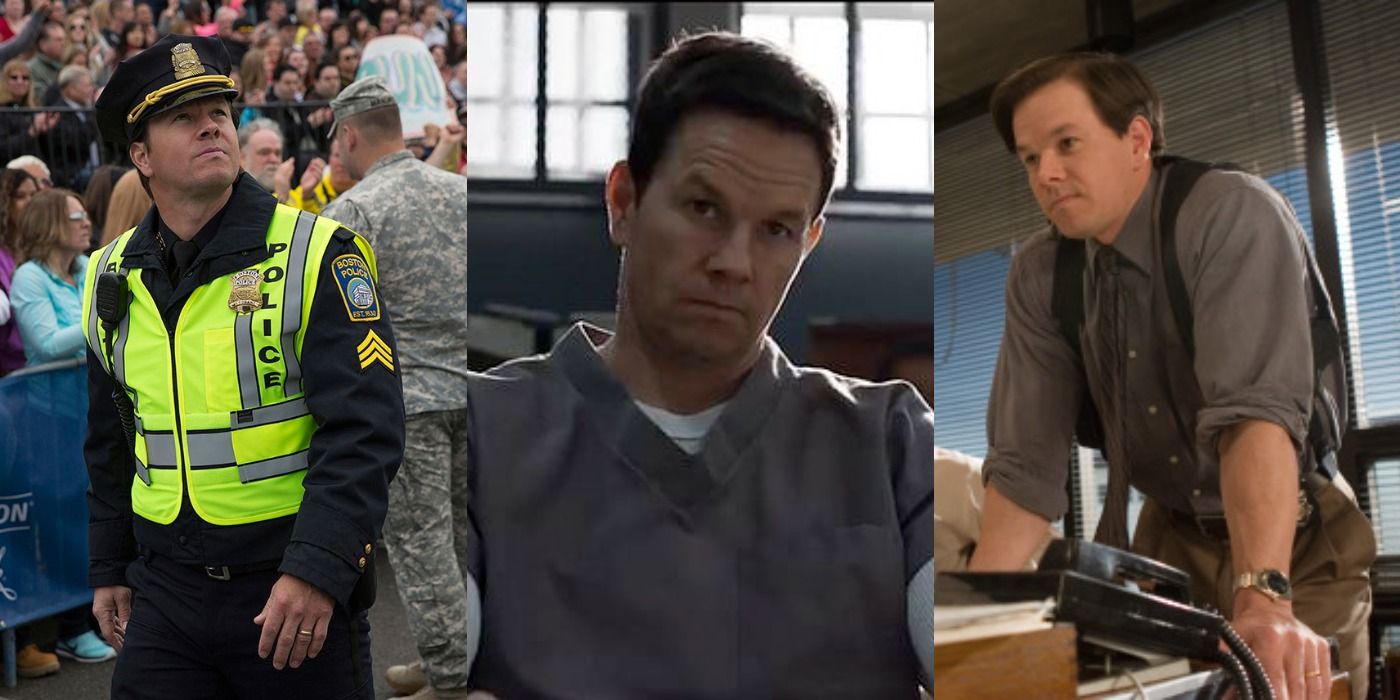
The 10 Best Mark Wahlberg Movies, Ranked
Legendary Boston actor Mark Wahlberg has starred in over 30 movies, but these 10 are the best in his incredibly solid filmography.Dicky Eklund’s Drug Addiction Explained
Addiction is a recurring theme in the story of Dicky Eklund and Micky Ward. Eklund's battle with drug addiction had a profound impact on both his life and his brother's. It was a struggle that brought to light the harsh realities of addiction, particularly in the world of sports. To accurately depict Dicky in this condition, Bale dropped to 145 pounds for The Fighter. Eklund's descent into drug abuse not only derailed his boxing career but also strained his relationships with his family, including Ward. Dicky Eklund's life and struggles with addiction were documented in the 1995 HBO documentary High on Crack Street: Lost Lives in Lowell.
High on Crack Street: Lost Lives in Lowell is available to watch on Prime Video.
The documentary film follows Eklund, among others, over 18 months as they grapple with crack cocaine addiction in Lowell, Massachusetts. It portrays Eklund's efforts to make a boxing comeback and his battles with addiction, ultimately leading to his arrest on felony charges. The Fighter features a fictionalized version of this documentary, titled Crack In America. In the movie, Dicky thinks HBO is documenting his "comeback," only to be horrified when he finds out that the documentary is about how his crack addiction ruined his life.
Dicky's Time As Micky’s Trainer
The relationship between Dicky Eklund and Micky Ward is a complex bond characterized by love, rivalry, and mutual dependence. Eklund, despite his personal struggles, played a crucial role in Ward's boxing career. He served as Ward's trainer, imparting his knowledge and experience to his younger brother. This relationship, however, was not without its challenges. Eklund's addiction and erratic behavior often created tension and conflict, testing the limits of their brotherhood. Yet, amidst the turmoil, the bond between Eklund and Ward remained strong. They supported each other through personal and professional hardships, showcasing the depth of their connection.
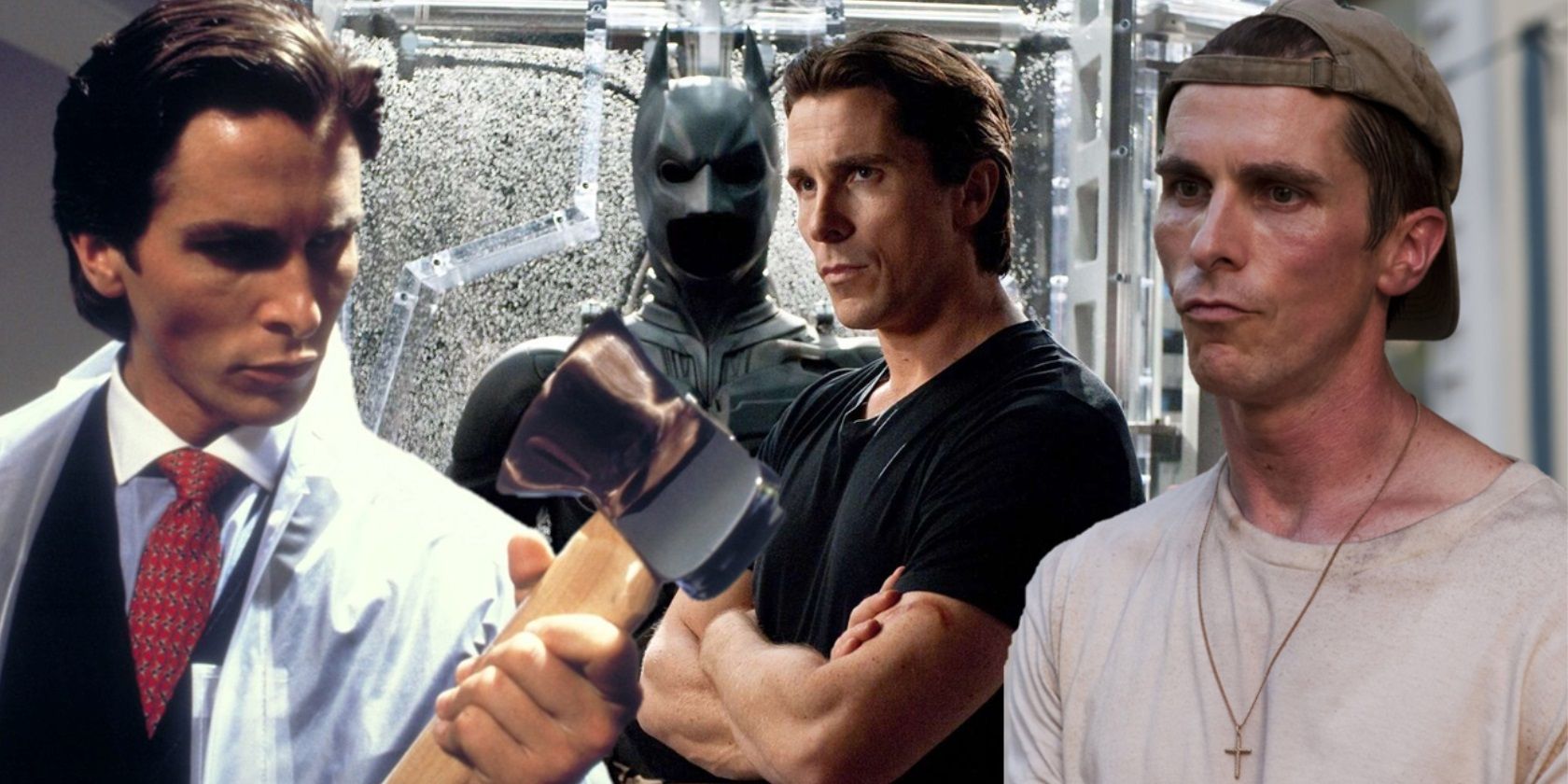
Christian Bale's 10 Best Movies Ranked
The best Christian Bale movies range from the boxing biopic The Fighter to the romantic Little Women to the comic book-based The Dark Knight trilogy.What Happened To Dicky Eklund & Micky Ward After The Fighter?
After the events of The Fighter, although he maintained his status as a local legend and trained young boxers, Eklund returned to drug use and faced subsequent arrests. By 2005, he was using crack again and was arrested in 2006 for possession of crack cocaine (via Lowell Sun). Micky Ward, on the other hand, went on to have three epic fights with Arturo Gatti. The Lowell Sun also reported that after retiring from boxing in 2003, Ward returned to paving streets and parking lots in Lowell. He owns a gym, Micky's Corner, trains kids, runs a hockey rink, and drives trucks for the Teamsters Union (via Masslive).
Sources: The Globe and Mail, Lowell Sun, Lowell Sun, Masslive

